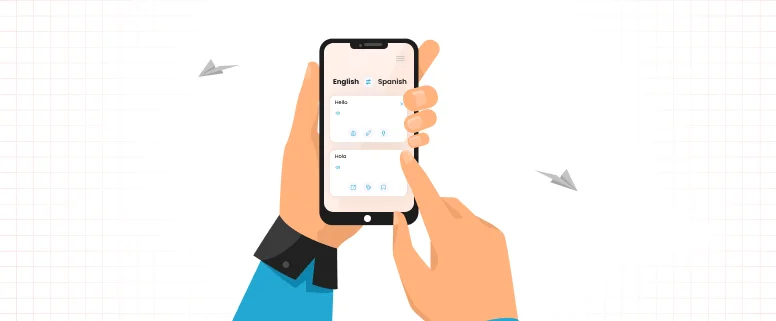Having experienced the phases from a freshman translator to a semi-senior translator, there are some opinions I want to share with all translators who are new in this field.
First of all, the attitude of learning is important. Never too old to learn, no matter you are a new translator or a senior editor, eager to learn is always the spirit of translation. Be it the translating skill or the fields you have to translate, there is always new things to learn. Only by learning can one get improvement.
Secondly, always translate in earnest, that is to say, try your best to translate every single sentence, every single word. We find stupid mistakes by translators all the time when doing editing, and I am sure those mistakes can be avoid if the translator are more careful and put their heart on it when translating.
It is almost inevitable to do word on word translation at first, and it takes time and effort to overcome it, but still we can do much better work by trying harder on other objective aspects.
We can avoid doing word on word translation from punctuation. Even the punctuation has their own feature in different languages, so it is better not to simply copy punctuation from the source language but apply the punctuation rules of the target language separately.
For example, there is no dun hao – a mark in Chinese punctuation used to set off items in a series phrases (、) – in english, while it is useful in Chinese when translating several words in a row. Also, compare to English, we tend to use more comma when writing in Chinese, so sometimes we can translate periods of English into comma in Chinese if that is not a long sentence.
Check TM more often to keep consistent with other translation. There are other benefits from checking TM, too. One of which is learning from it, if you can’t think of a proper translation for a word, TM is always the first resource for you to refer to.
Translating is a self – correcting process, which means you have to constantly correct your own mistakes when translating before you can turn it in to editor. We all know that we will find the previous translations of some phrases or words are incorrect as the translating process goes on. If the translators are responsible enough, they should go back to correct their own mistakes in stead of leave them for the editors to find out.
Here are just a few advices for new translator to refer to. It takes years of experiences to become a good translator, and I am still learning. But with the eagerness to learn, I believe we can always go beyond our own expectation.
Read Also: 10 Mistakes English Speakers Make When Learning Spanish









